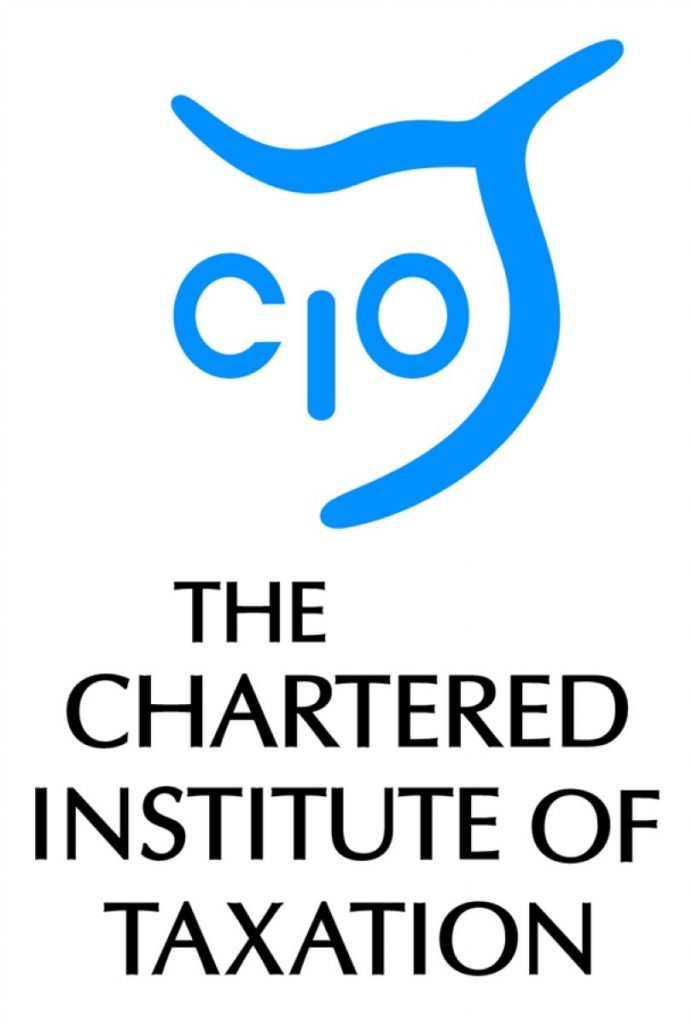Students succeed in Taxation of Major Corporates examinations
The results from the latest group of students to sit the joint CIOT ICAEW Taxation of Major Corporates (TOMC) exam show an increase in the pass rate to 76 percent.
TOMC is part of the Chartered Institute of Taxation (CIOT) and Institute of Chartered Accountants in England and Wales’ (ICAEW) Joint Programme. The programme enables students to work towards the ICAEW’s chartered accountant qualification, ACA, and the CIOT’s Chartered Tax Adviser, CTA, qualification, at the same time, providing a faster, more flexible route to becoming ‘double chartered’ than if the two qualifications were pursued in the traditional way, one after the other.
Chris Jones, President of CIOT, said: "I would like to offer my congratulations to the 16 candidates who sat and passed the TOMC paper and the progress they are making towards becoming a CTA as a result of their success.
“We anticipate this paper and programme will continue to grow and be sought after by all advisers dealing with the tax affairs of FTSE 350 companies and other large corporates.”
The previous results for TOMC were for the November 2014 exam which had a pass rate of 75 percent, for which the results were published in January 2015.
Shaun Robertson, ICAEW Qualifications Director, said: “The future of chartered accountancy and chartered taxation is looking promising. We're delighted to see another stream of students progressing on the Joint Programme – cementing their experience and knowledge of taxation of major corporates. The UK has a vastly complex tax system so their success is no mean feat. We wish them all the best for the next stage in their careers.”
Callum Robert Griffiths, of London, who is employed by BDO, is the winner of the John Tiley Medal for the highest mark in the TOMC examination paper.
Chris Jones said: “Special praise must go to Callum Robert Griffiths for achieving the highest mark on a very testing exam. I expect this exam and the Joint Programme to lead to tax professionals who provide the highest quality business and tax advice and leadership across the advisory and in-house sector, in the future”.
More than 25 major firms in the UK support students through the ACA CTA Joint Programme, through the Direct Tax TOMC route or through the Indirect Taxation route. Nearly 100 have sat the TOMC exam since it was first offered in 2014. An Owner-Managed Business Joint Programme will be launched later this year.
Notes to editors
1. The pass list can be viewed here.
2. The Chartered Institute of Taxation (CIOT)
The CIOT is the leading professional body in the United Kingdom concerned solely with taxation. The CIOT is an educational charity, promoting education and study of the administration and practice of taxation. One of our key aims is to work for a better, more efficient, tax system for all affected by it – taxpayers, their advisers and the authorities. The CIOT’s work covers all aspects of taxation, including direct and indirect taxes and duties. Through our Low Incomes Tax Reform Group (LITRG), the CIOT has a particular focus on improving the tax system, including tax credits and benefits, for the unrepresented taxpayer.
The CIOT draws on our members’ experience in private practice, commerce and industry, government and academia to improve tax administration and propose and explain how tax policy objectives can most effectively be achieved. We also link to, and draw on, similar leading professional tax bodies in other countries. The CIOT’s comments and recommendations on tax issues are made in line with our charitable objectives: we are politically neutral in our work.
The CIOT’s 17,500 members have the practising title of ‘Chartered Tax Adviser’ and the designatory letters ‘CTA’, to represent the leading tax qualification.
3. ICAEW
ICAEW is a world leading professional membership organisation that promotes, develops and supports over 144,000 chartered accountants worldwide. The ICAEW provide qualifications and professional development, share knowledge, insight and technical expertise, and protect the quality and integrity of the accountancy and finance profession.





-01.png)